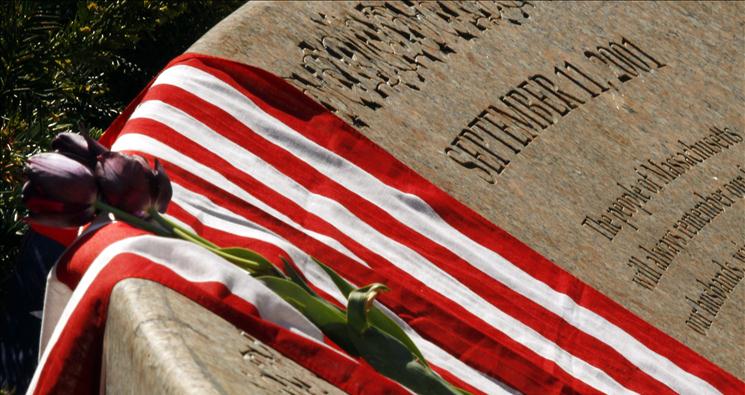After Twelve Years, We Still Don’t Understand Our Enemy
In late May 2008, when I was home on mid-tour leave from Iraq, I distinctly remember a conversation with dear friends about the things I had seen in the first half of my deployment. After describing just a portion of the horrors that al-Qaeda had inflicted on civilians in Diyala province, one of my friends shook her head, sighed, and said, “It’s horrible, but we’ve got terrible problems here at home also. We’ve got drugs and gangs and murderers, too.”
I was momentarily speechless.
Thinking about the conversation years later, after the memories and emotions of the deployment were not quite as sharp and fresh, I understood why she said that. After all, the bipartisan American reaction to 9/11 has been characterized by denial, even in the opening days, when we were reeling in shock and horror from the initial attacks. Our president assured us that Islam was a “religion of peace,” and apologists worked overtime to assure us that terrorists represented the tiny “few extremists.”
Within moments the most horrific images of 9/11 were scrubbed from our televisions, and within hours the academic-thought police began its vigilant lookout for Islamophobia.
The result? Twelve years later our national and even military policies are shot-through with heartbreaking and inexcusable naïveté (the stories of our misguided rules of engagement in Afghanistan, for example, are infuriating), and the result is more suicide bombings, burning churches, public beheadings, and — just last year — a savage attack on a diplomatic outpost left vulnerable in part because of that same naïveté. In some quarters — mainly in the academy and mainstream media — truth is treated as virtual hate speech, and we can’t bring ourselves to acknowledge evil.
Less than one percent of Americans have served overseas during our twelve-year war, and I daresay that far fewer than one percent of our pundits, writers, actors, or other architects of popular opinion or popular culture have ever put boots on the ground in Iraq or Afghanistan, and certainly not “outside the wire” in either place. The practical result is that Americans are walled-off from the truth and will likely go their entire lives without hearing a single vet give a candid summary of their experience in Mosul or Kandahar.
And so, on this day, all too many Americans will rightly remember the fallen, rightly honor our heroes, and tragically deny the scale of the hate and evil we still face.
